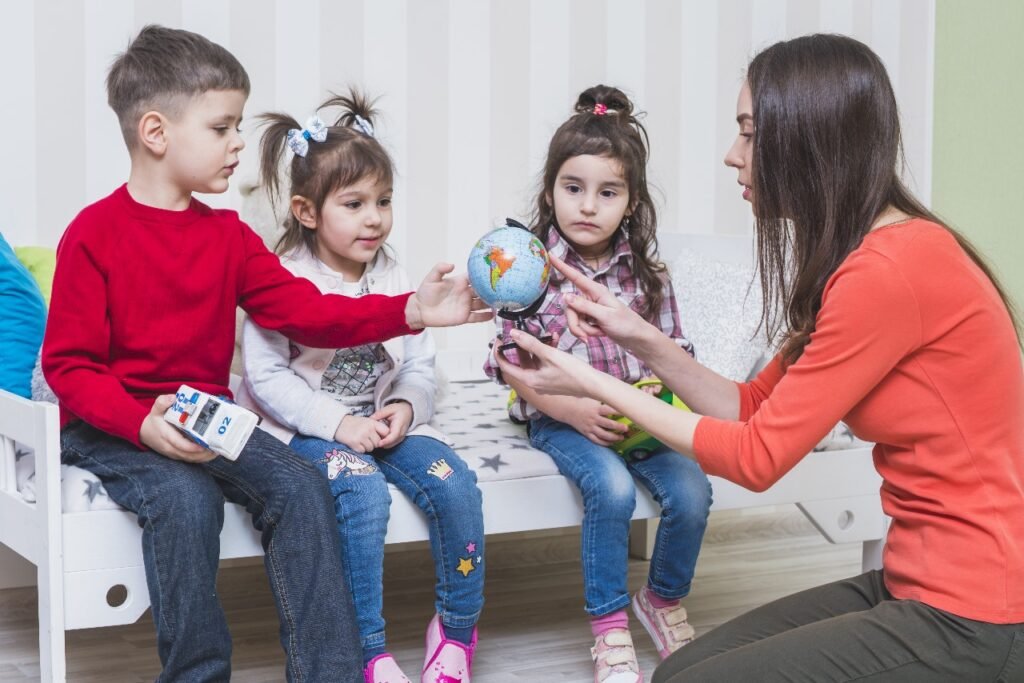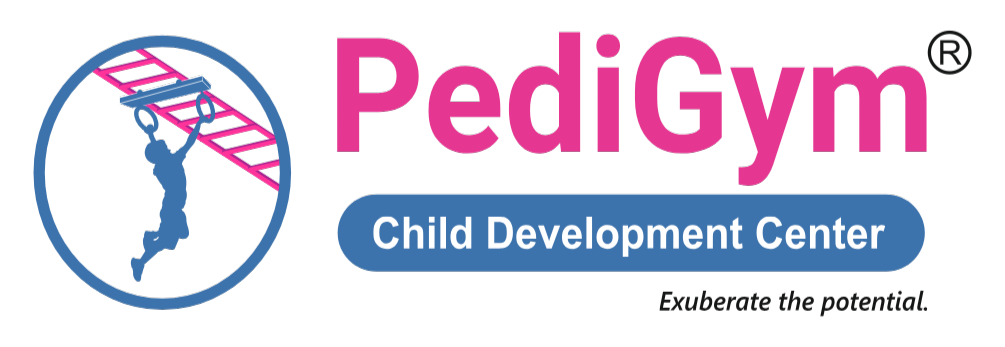There are different groups available to address different issues. In general, a small group of kids working through similar stressors are placed together. Groups are typically small in size, about 5 to 6 participants depending on the nature of the group. In some cases, groups are organized by gender, but many groups focus on working through a specific issue
(ex: social skills, anxiety, etc.).

Group sessions can help children with autism learn and develop social skills, emotional regulation, and more:
Social skills:
Children can learn how to behave in social situations, recognize social cues, and understand the emotions of others. They can also learn to follow rules, cooperate, and participate in group activities.
Emotional regulation:
Children can learn to manage negative emotions like stress and frustration.
Play skills:
Children can learn to play and have fun with their peers in a structured environment.
Parent support:
Parents can connect with other parents of children with autism, share experiences, and learn new strategies for supporting their child.
Self-esteem:
Children can explore and develop their self-esteem.
Communication skills:
Children can learn to express their wants and needs through art or other activities.
Eye contact, focus, and attention span:
Children can improve these skills.
Some examples of group activities for children with autism include:
Art therapy:
Bin of grains, where children pick colored balls from a bin and collect them in a basket
